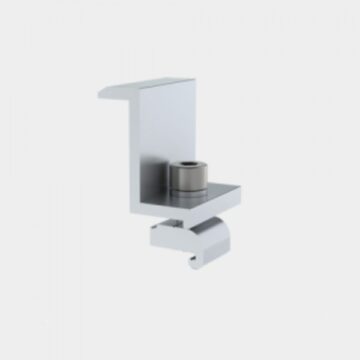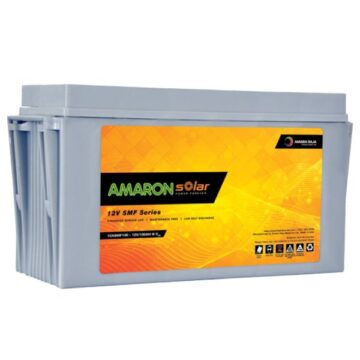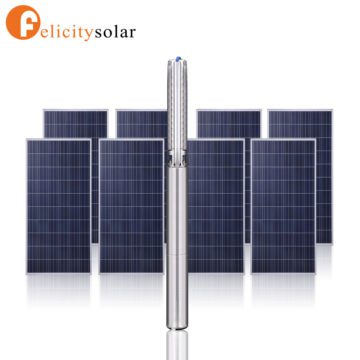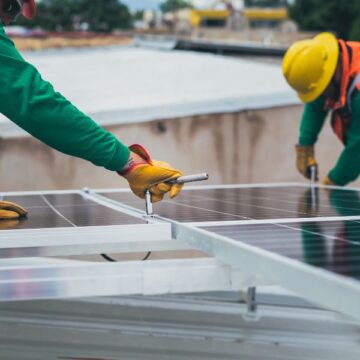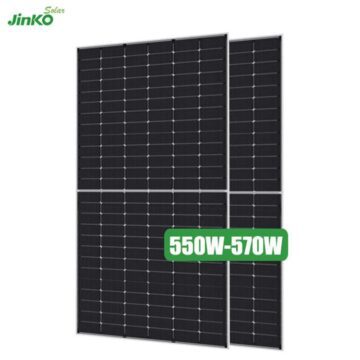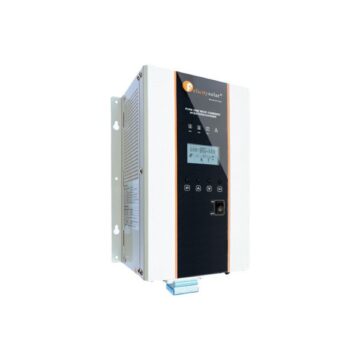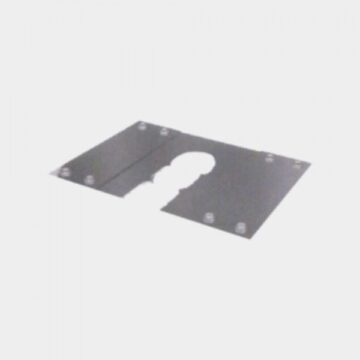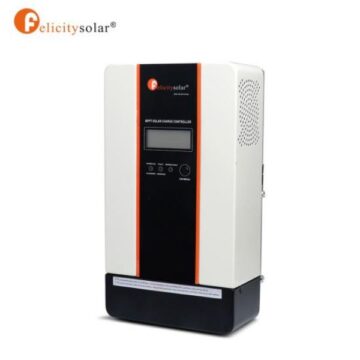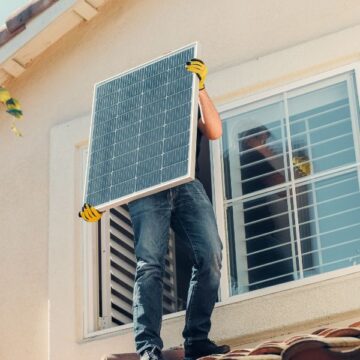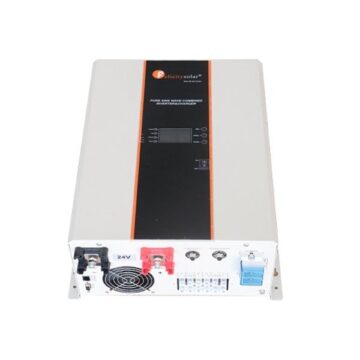Solar power in Kenya, an abundant and renewable energy source, is gaining favor as a long-term answer to our ever-increasing energy demands. As more people and businesses investigate the potential of solar energy, concerns will surely arise. In Kenya, solar power is now the most popular home improvement for most homeowners who are keen on reducing power bills. At Happy Solar Systems we try to explain in easy-to-get language how solar power is useful to most Kenyans and how we can all take advantage of it. Reach us on 0741 163020 or Email: info@happysolar.co.ke and we will be happy to take you on an easy-to-get journey on Solar Power.
What is solar power?
Solar power is a form of renewable energy harnessed from the sun’s rays. Solar panels, made up of photovoltaic cells, convert sunlight into electricity, providing a clean and eco-friendly source of power for a variety of applications.
How do solar panels work?
Solar panels work by utilizing the photovoltaic effect. When sunlight hits the solar cells, it excites electrons, creating an electric current. This direct current (DC) is then converted into usable alternating current (AC) through an inverter, making it suitable for powering household appliances and businesses.
What are the components of a solar power system?
A typical solar power system consists of solar panels, inverters, racking or mounting systems, wiring, and optionally, energy storage systems such as batteries. For grid-tied systems, a connection to the utility grid is also included.
What are the benefits of solar power?
Solar power offers numerous benefits, including:
Renewable and sustainable: Solar energy is an abundant and inexhaustible source of power.
Reduced electricity bills: Solar panels can significantly reduce or even eliminate monthly electricity bills.
Environmentally friendly: Solar power reduces carbon footprint and greenhouse gas emissions.
Low maintenance: Solar panels require minimal upkeep and have a long lifespan.
Energy independence: Solar power allows you to generate your own electricity, providing a sense of self-sufficiency.
How many solar panels do I need for my home?
The number of solar panels needed depends on your energy consumption, panel efficiency, sunlight availability, and location. A professional assessment can determine the appropriate panel quantity to meet your specific requirements.
Can I use solar power during a power outage?
With a solar power system equipped with battery storage, you can use solar energy during power outages, ensuring a continuous power supply for essential appliances and devices.
Are there government incentives in Kenya for installing solar panels?
Many governments offer incentives such as tax credits, rebates, feed-in tariffs, and grants to encourage solar adoption. These incentives can significantly offset the initial costs of installing solar panels. In Kenya, the Kenyan government has various tax relief that encourages the adoption of solar use in the country.
How do I maintain my solar panels?
Solar panel maintenance involves periodic cleaning, monitoring for shading or damage, and ensuring proper system functionality. Professional check-ups are advisable to keep your solar power system in optimal condition.
Solar power is revolutionizing the way we approach energy generation and consumption. By understanding the fundamentals and benefits of solar energy, we can all contribute to a sustainable and cleaner future. If you have more questions or are considering a solar power system, consult a solar professional to guide you through the process. Together, we can harness the power of the sun for a greener tomorrow.

